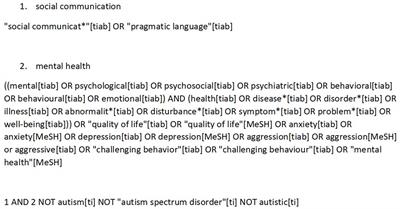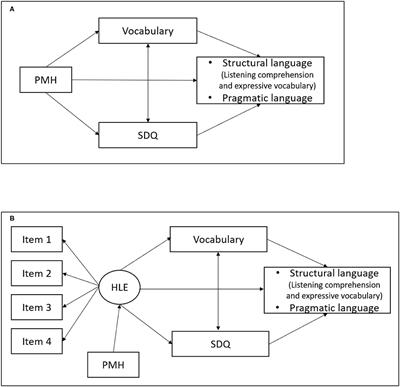EDITORIAL
Published on 10 Jan 2023
Editorial: Exploring links between social communication and mental health
doi 10.3389/fpsyt.2022.1130363
- 875 views
8,237
Total downloads
41k
Total views and downloads
You will be redirected to our submission process.
EDITORIAL
Published on 10 Jan 2023
SYSTEMATIC REVIEW
Published on 06 Oct 2022

ORIGINAL RESEARCH
Published on 29 Jul 2022

ORIGINAL RESEARCH
Published on 25 Apr 2022

MINI REVIEW
Published on 08 Apr 2022

ORIGINAL RESEARCH
Published on 08 Dec 2021

ORIGINAL RESEARCH
Published on 07 Dec 2021

ORIGINAL RESEARCH
Published on 02 Dec 2021

